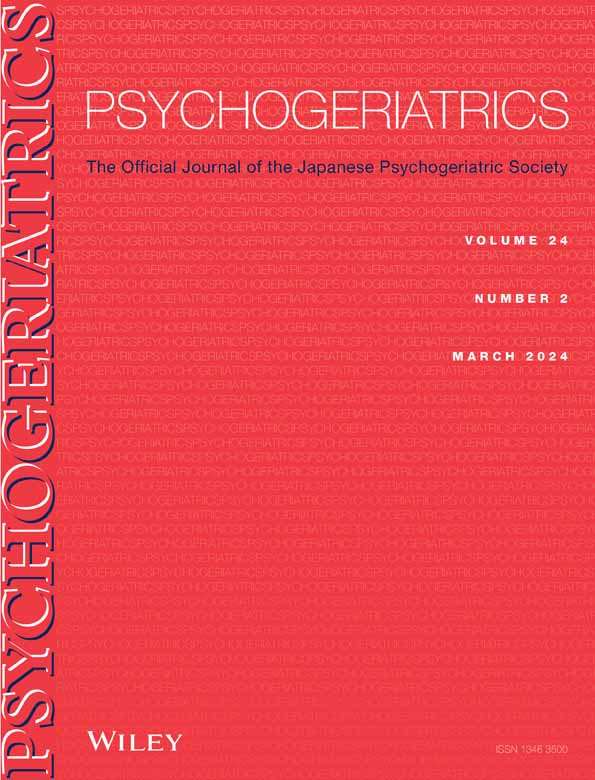Effect of intensity of persistent social isolation on mental health in the late middle-aged and older population: results of the Korea Longitudinal Study of Ageing (2006–2020)
Ji Eun Hwang and Jae Hyun Kim were equally contributed.
Abstract
Background
Social isolation (SI) was recently identified as a significant public health issue in the United States. Consequently, several studies on the association between SI and mental health were conducted. However, few studies have considered the duration and intensity of SI. In the present study, a longitudinal analysis was conducted to determine the effect of the intensity of persistent SI on the mental health status of late middle-aged and older Koreans.
Methods
After excluding missing values, data on 6200 participants were analyzed using the group-based trajectory model (GBTM) from the first to fifth Korean Longitudinal Study of Ageing (KLoSA) to categorise the SI trajectory (SIT). The Chi-square test, t-test, analysis of variance, and time-lagged generalised estimation equations were utilised from the fifth to eighth KLoSA to determine the association between SIT and the incidence of cognitive decline (the group with a Korean version Mini-Mental State Examination score of 23 or lower), cognitive function score, and depression score.
Results
Four SIT groups were identified in the GBTM analysis. These were the non-SIT (21.7%), mild (46.8%), moderate (21.1%), and severe SIT (10.4%) groups. Compared to the non-SIT group, the severe SIT group experienced a greater incidence of cognitive decline (odds ratio = 1.57, P < 0.0001) as well as poorer cognitive function scores (B = −0.63, P < 0.0001) and depression scores (B = 0.90, P < 0.0001). Furthermore, stratified analysis by sex and age showed that mental health status was inversely proportionate to the intensity of SIT, particularly in males and patients, aged 65 years and above.
Conclusion
A close association was observed between SIT and mental health. This finding highlighted the need for policies and institutional measures to reduce the incidence of mental health deterioration among vulnerable groups due to the intensity of SI.
Open Research
DATA AVAILABILITY STATEMENT
The data that support the findings of this study are openly available in Korean Longitudinal Study of Ageing at https://survey.keis.or.kr/eng/index.jsp.




